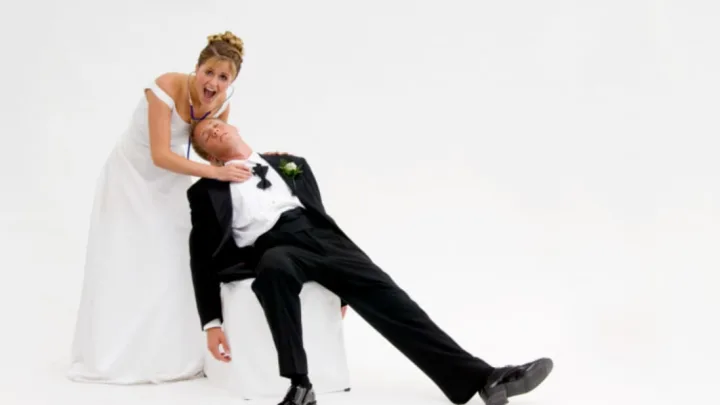
Nice day for a dead wedding…
I have an interesting situation developing where a person is claiming that they are entitled to collect from a wrongful death lawsuit I am pursuing because they are the surviving spouse of the deceased. But the claimant and decedent were never legally married. So, they are claiming a common law marriage, which while outlawed by the Courts post 2000 or so, can still be claimed for marriages before that date. Pennsylvania courts look unfavorably on common law marriages because they are ripe for fraud and abuse, especially where there is no indicia that the couple were actually married or acting as a married couple. It is possible then that my case may end up being the death knell of the common law marriage rule if the case gets that far. I think that the PA Courts are looking for a case to get rid of common law marriage once and for all.
In my current case with one of the two married people deceased, it will be very challenging for the claimant to prove the common law marriage because of Pennsylvania’s Dead Man’s Rule. The dead man’s rule in Pennsylvania prevents a person who is engaged in a dispute with a deceased person’s estate from testifying in any manner regarding what the deceased person said while alive.
The Rule, 42 Pa. C.S. § 5930, states in pertinent part: no person whose interest shall be adverse to the right of such deceased … party, shall be a competent witness to any matter occurring before the death of said party.
Why does this matter? Well, in the estate litigation context, the claimant wants to establish not only a marriage, but also a right to collect from the estate litigation proceeds. Under the Rule, she is not permitted to testify as a witness in the proceeding. It is not merely that she cannot say what conversations she had with the deceased, but rather, she cannot testify at all. We say she is not competent to testify.
The purpose of the Rule is basically the same principle as hearsay, but with fewer exceptions. The rule against hearsay basically says that statements made outside of court cannot be stated in court without the person making the statement being present to be cross-examined in court. So, for example, if you have to prove that the stairs were a known danger and the landlord told you after you fell that he knew the stairs were in need of repair, then that would be strong evidence in your case. But, the statement is not admissible if the landlord died after having made that statement because of the Dead Man’s Rule.
It should be an interesting situation if the case ends up producing a settlement or verdict for the Deceased’s Estate.
